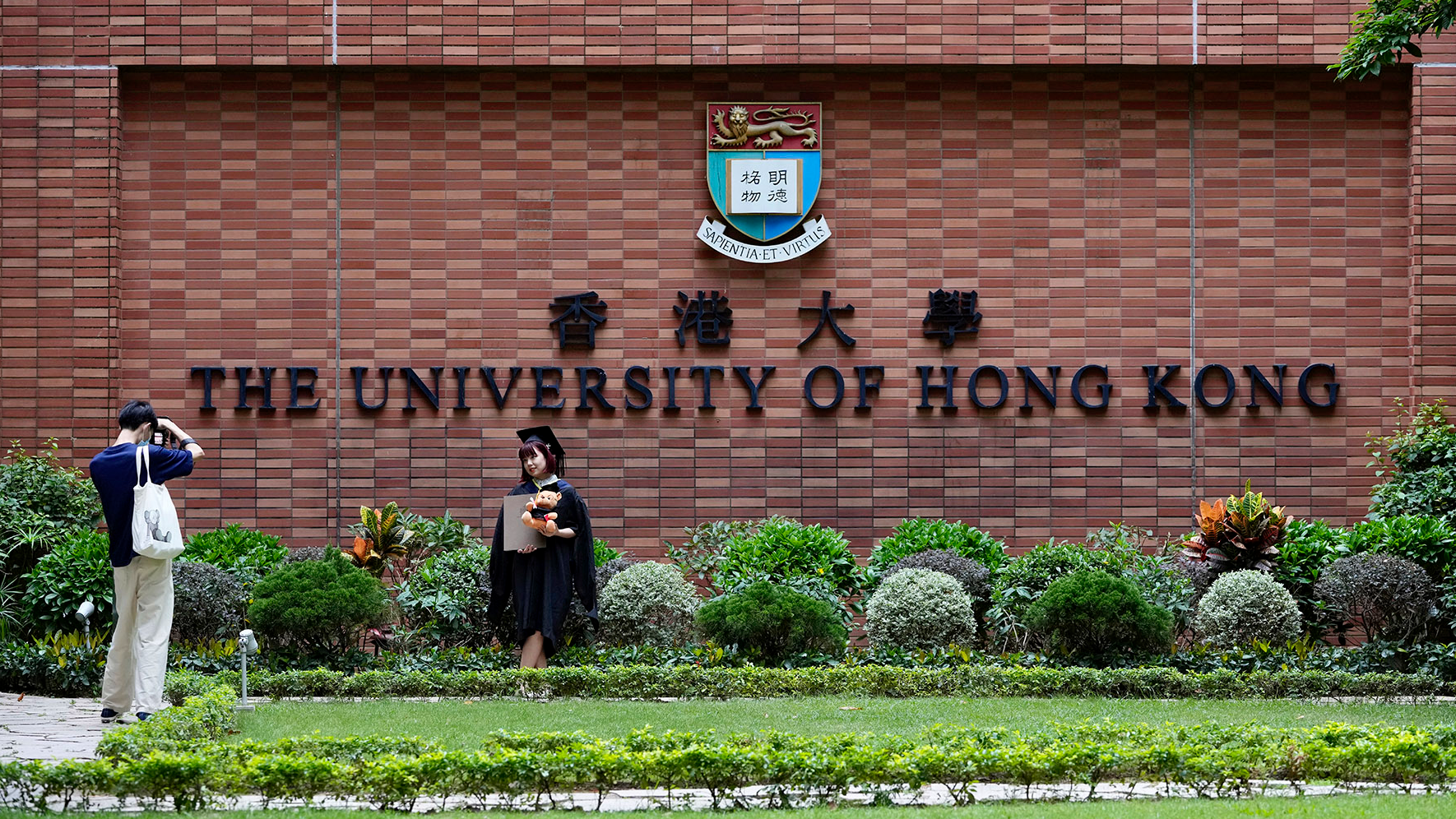
The children of new arrivals who settle in Hong Kong under one of the talent attraction programs must reside in the city for at least two years before they can apply for government-subsidized places for post-secondary study from the 2027-28 academic year, the government announced on Thursday.
The revision — covering government-funded places offered by public universities, the Hong Kong Academy for Performing Arts, and the Vocational Training Council — was made to ensure fairness for local students and to ensure government funds are properly used, the Education Bureau said.
Under the current arrangement, children who enter Hong Kong below 18 years of age on dependent visas are considered local students and are eligible to apply for the 15,000 undergraduate program places subsidized by the University Grants Committee per year.
READ MORE: HK govt makes cuts while maintaining social support
“When formulating the revision, the government fully listened to various views in society and struck the right balance. The revision is not expected to have a significant impact on families who have the genuine intention of coming to Hong Kong for development,” a spokesperson for the Education Bureau told reporters on Thursday.
The new arrangement provides a buffer zone, allowing such children to apply for enrollment in the 2027-28 academic year— which begins in 2026 — to qualify with proof of one-year’s residency in the city. Those enrolling for the 2028-29 schoolyear onwards must meet the two-year requirement.
Acceptable proof includes documentation of full-time enrollment in a local school offering a formal curriculum. Students not attending schools offering a formal curriculum must instead submit immigration records confirming they were not absent from the city for more than 90 days per year. Notably, students leaving and returning to the city within the same day will be counted as absent for a full day.
Students who initially fail to meet the residency requirement may still qualify for subsidized tuition from the third school year on, as long as they complete two years of full-time study in Hong Kong.
In addition, holders of a full-time employment visa or work permit, or those with a visa or entry permit issued under one of the talent admission programs, will also not be eligible for government-subsidized post-secondary student places.
There have been previous cases where newly-arrived children who did not reside in Hong Kong self-studied for the Diploma of Secondary Education Examination — the city’s university entrance exam — and then applied as local students for subsidized spots in post-secondary programs, triggering concerns over abuse of public resources.
Education sector lawmaker Chu Kwok-keung welcomed the reform, saying it would close policy loopholes while curbing examination migrants — students who relocate to Hong Kong primarily to benefit from its education system or public exam advantages, often without long-term plans to stay. He stressed that the measures would ensure more efficient use of public funds.
READ MORE: Record number of HK students to study on mainland
Chu also called on the SAR government to regularly review the Top Talent Pass Scheme (TTPS) — a fast-track visa program for high-skilled professionals — and adjust it as needed. Additionally, he proposed boosting the Study in Hong Kong initiative to attract more self-funded international students, rather than depending heavily on tuition subsidies to incentivize talent retention.
Another lawmaker, Gary Zhang Xinyu, also supported the changes, stating they would screen out short-term opportunists while prioritizing educational resources for families genuinely committed to settling in Hong Kong. He said the move aligns with the city’s broader goal of developing its higher education sector.
Zhang praised the transition period as a “humane” approach that recognizes diverse stakeholder interests.
Contact the writer at stacyshi@chinadailyhk.com


